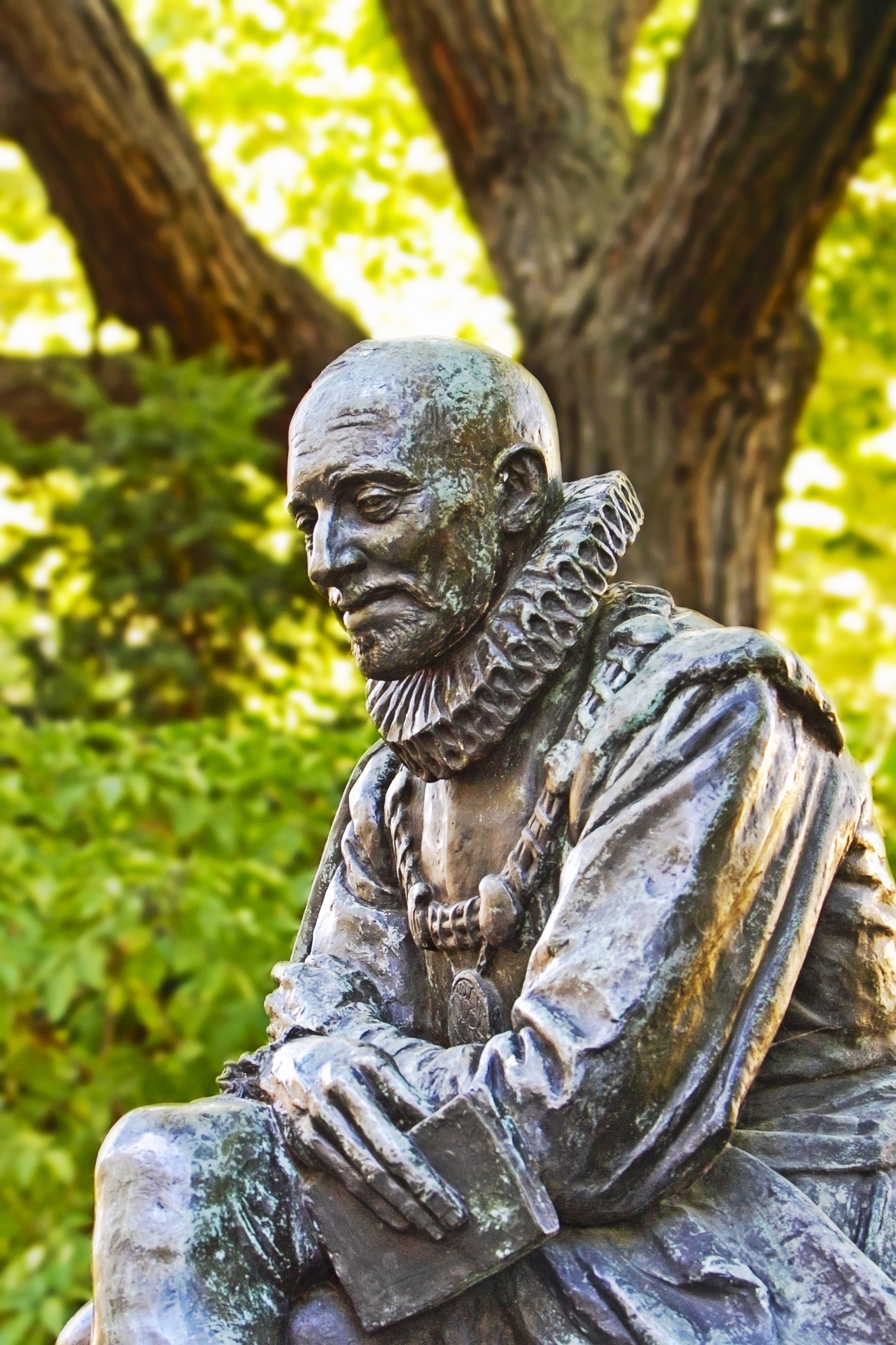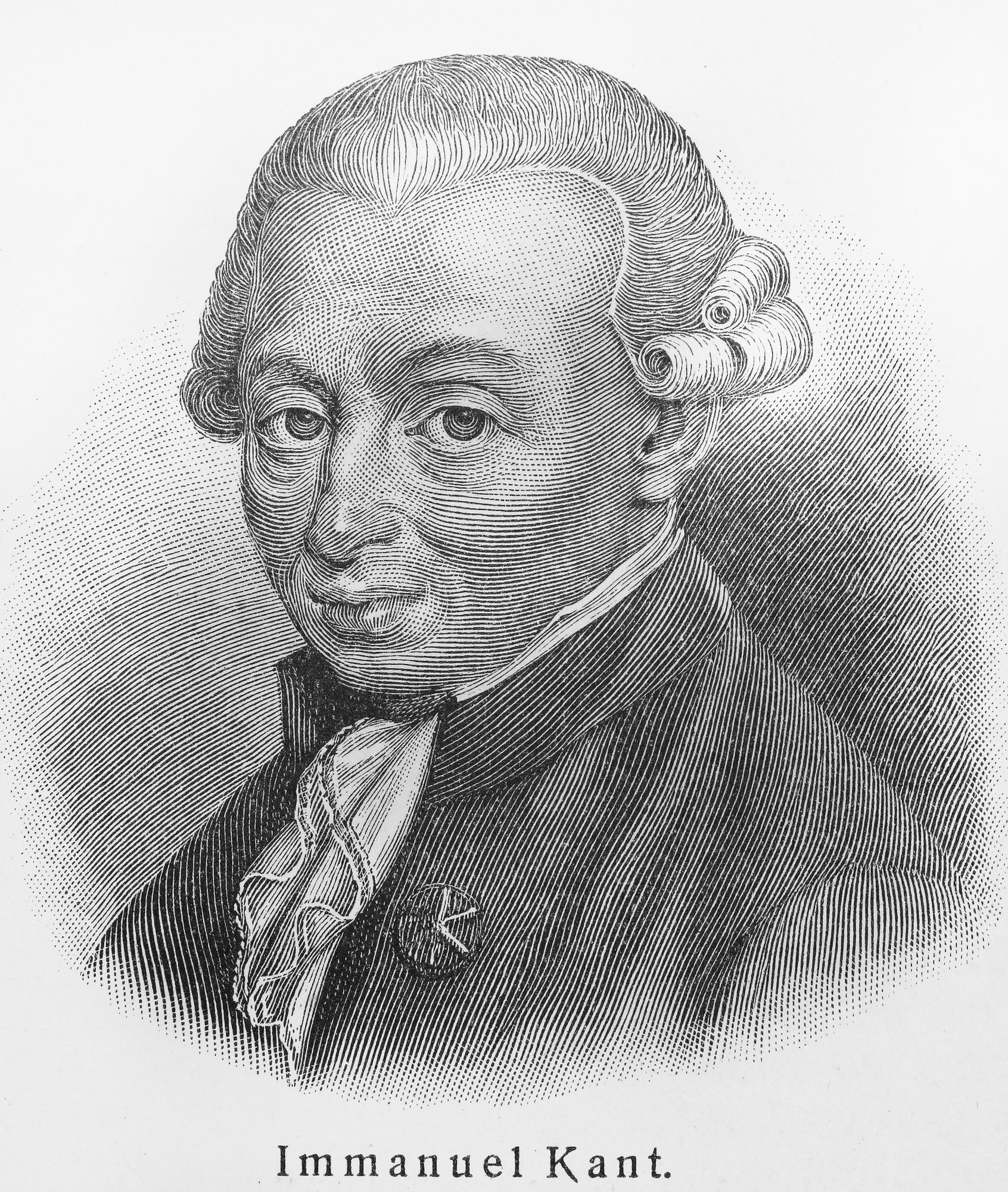Nandita Kochar
In the second and concluding part of the series, we continue to unravel some of the most simple yet profound ideas originating in the East, ideas whose objective is to bring down our suffering and help us lead wiser lives. Before you proceed, make sure to read Part 1, first!
Here are three ideas from the Orient that might enrich your life and inspire you:
Guanyin
Buddhism is usually regarded as a philosophy led by a single master – Gautama Buddha. However, there are many more legendary masters in the belief system, honored by the Buddhist followers.
One of them is Guanyin, commonly known as Goddess of Mercy. She is a bodhisattva who is motivated by supreme compassion and is a potential Buddha in training. In Mahayana Buddhism, she occupies a role similar to that of Virgin Mary in Christianity. Happyho also provides best Meditation and Tarot classes in Noida and Delhi NCR India area
In her gaze, one feels okay to be weak, to let go. Guanyin provides a kind environment in which one finally gathers the courage to speak about all the sorrows being harboured in the heart. Guanyin doesn’t judge. She understands that as a human we will be hurt, tired, disappointed, betrayed and she listens to our pain with the utmost of care and compassion.
Mettā (pali)
Mettā is a Pali word which means benevolence, kindness or tenderness. It is one of the most important ideas in Buddhism. Infact, the philosophy encourages one to make a daily ritual out of it – to think of someone who irritates us or makes our blood go hot and instead of wishing for nasty things to happen to them, encourage ourselves to say kindly messages like ‘I hope you find peace’ or ‘I wish you lead a life free of suffering’.
Mettā works on the idea that our feelings about people are alterable and open to deliberate change and improvement. Compassion can be fostered not only towards those we love but also towards those we detest and dislike.
The Wisdom of Bamboo
East Asia has been referred to as the Bamboo Civilisation not only because of the grass’s widespread use but also because of the symbolic qualities it represents in the region’s philosophy.
Bamboo is classified as a grass and not a tree and still it is resilient enough to create forests. It’s hollow on the inside and yet is used to carve strong structures. During storms, it almost bends to the ground but rises immediately after.
Philosopher Zheng Xie of the Qing Dynasty (known to have made hundreds of paintings of bamboo) wrote: ‘Hold fast to the mountain, take root in a broken-up bluff, grow stronger after tribulations, and withstand the buffeting wind from all directions’.
That is the wisdom of Bamboo.
And with this, we come to an end of the series ‘The Best of Eastern Philosophy’.





